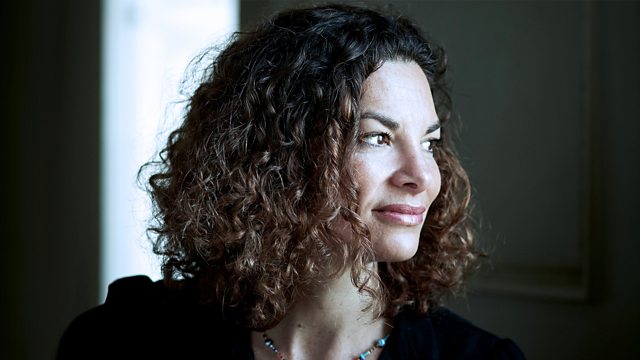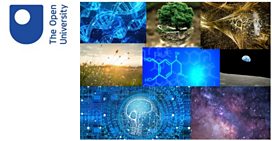Surprising choice for Nobel prizes in a pandemic?
Nobel prizes: surprising choices in a pandemic year? BepiColombo snaps Mercury. How will mature trees react to increasing carbon? Suzanne O'Sullivan on psychosomatic illnesses.
This week saw the announcement of the Nobel prizes for physiology or medicine, chemistry and physics. None of them reward research connected with Covid. Roland Pease, science journalist and Nobel watcher, and Gaia Vince discuss the decisions, which some have said are controversial in this pandemic year.
The BepiColombo space craft, a joint European and Japanese mission, has just completed its first fly-by of Mercury, after a three year journey. Professor Dave Rothery, a planetary geologist at the Open University, whoβs been involved since the early days of the mission in the 1990s, talks about what Mercury's cameras have seen and what the mission aims to find out when it finally gets into orbit around the planet in 2026.
Plants remove carbon from the air during photosynthesis, and forests will be a key part of meeting our climate goals. But thereβs a lot of uncertainty about how forests will react as temperatures and CO2 rise. Now researchers at University of Birmingham have bathed ancient oak trees in the sort of carbon dioxide concentrations we expect in 2050, and measured the impact. Anna Gardner led the research from a forest in Staffordshire.
The shortlist for the Royal Society Insight Investment Science Book Prize for 2021 was announced last week. Inside Science will be featuring the six authors.
The first is The Sleeping Beauties: And Other Stories of Mystery Illness by Suzanne OβSullivan. She's a consultant neurologist at the National Hospital for Neurology and Neurosurgery in London, whoβs been described as βa detective of the mindβ. Suzanne OβSullivan specialises in epilepsy but this leads her to see a number of patients with symptoms such as unexplained paralysis or blindness. For The Sleeping Beauties, she travelled around the world investigating what is often referred to as psychosomatic illness. Sometimes whole groups of people have been affected in mysterious ways. Claudia Hammond spoke to her about the strange case of refugee children in Sweden who fell asleep for years at a time.
Last on
![]()
ΒιΆΉΤΌΕΔ Inside Science is produced in partnership with The Open University.
Broadcasts
- Thu 7 Oct 2021 16:30ΒιΆΉΤΌΕΔ Radio 4
- Thu 7 Oct 2021 21:00ΒιΆΉΤΌΕΔ Radio 4
Explore further with The Open University
ΒιΆΉΤΌΕΔ Inside Science is produced in partnership with The Open University.
Podcast
-
![]()
ΒιΆΉΤΌΕΔ Inside Science
A weekly programme looking at the science that's changing our world.



